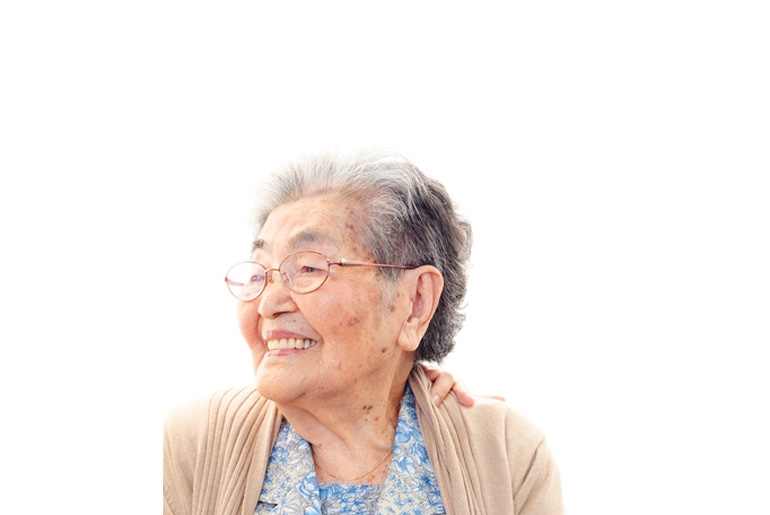Living longer can be achieved through a combination of healthy lifestyle choices, including proper nutrition, regular physical activity, mental well-being, and preventative healthcare. A balanced diet rich in fruits, vegetables, whole grains, and healthy fats helps maintain a healthy weight and prevent chronic diseases. Regular exercise, such as walking, swimming, or strength training, enhances cardiovascular health and overall fitness. Managing stress through meditation, yoga, or spending time with loved ones supports emotional well-being. Avoiding harmful habits like smoking and excessive alcohol, along with regular health check-ups, contributes to longevity.
To live longer like the Japanese, focus on eating a diet rich in fish, vegetables, whole grains, and legumes, with portion control using the hara hachi bu principle (eating until 80% full). Regular physical activity, strong social connections, family ties, and practices like meditation and spending time in nature help manage stress and promote well-being. Prioritizing regular health check-ups and preventative care is key to maintaining long-term health, offering a holistic approach to living a longer, healthier life.
Healthy Tips to Live Longer Like the Japanese
Japanese culture has long been associated with longevity, and several practices and lifestyle choices contribute to a longer, healthier life. Here are some key tips that have been linked to the longevity of the Japanese population:
1. Hara Hachi Bu: Eat Until You Are 80% Full: This principle is a traditional Okinawan practice that encourages eating only until you feel about 80% full, not stuffed. It promotes mindful eating and helps with portion control, reducing the risk of overeating and associated health issues like obesity, heart disease, and diabetes. The idea is to avoid overindulgence and allow your body to digest food properly.
2. Ikigai: Find Purpose in Life: Ikigai refers to finding your “reason for being” or a sense of purpose in life. Having a strong sense of purpose is linked to improved mental health, lower stress levels, and a longer life. Whether it’s through family, work, hobbies, or helping others, having something that brings meaning to your life can lead to increased happiness and longevity.
3. Regular Physical Activity: In Japan, physical activity is a daily part of life, not just through formal exercise but also through activities like walking, gardening, or community events. Regular, low-impact exercise helps maintain mobility, reduce stress, improve cardiovascular health, and prevent chronic diseases.
4. Balanced, Plant-Based Diet: The Japanese diet is rich in vegetables, fruits, and fish, particularly omega-3-rich fish, and typically low in processed foods. Traditional meals often include whole grains like rice, fermented foods like miso, and a variety of seasonal vegetables. This diet is rich in antioxidants, fiber, and healthy fats, promoting heart health and reducing the risk of chronic diseases.
5. Social Connections and Community Support: Socializing with family, friends, and community members plays a vital role in mental and emotional well-being in Japan. Strong family bonds and a sense of community are associated with lower stress levels and better health outcomes. Participating in social activities, even in older age, helps combat loneliness and contributes to a longer life.
6. Good Sleep Hygiene: The Japanese place importance on getting restful sleep. Napping, known as “inemuri,” is culturally accepted in some situations, and the focus on quality sleep is linked to improved cognitive function, better mood, and better overall health. Establishing a consistent sleep routine and ensuring a peaceful sleep environment can significantly enhance longevity.
7. Mindfulness and Stress Reduction: Practices like meditation, deep breathing, and mindfulness are part of the Japanese lifestyle. The art of relaxation through activities like tea ceremonies or simply being present in the moment is believed to contribute to lower stress levels. Chronic stress can negatively impact health, so managing stress effectively can lead to a longer, healthier life.
8. Respect for Nature: A deep connection with nature is common in Japanese culture. Spending time outdoors, whether it’s through walking in parks, hiking, or simply enjoying natural surroundings, helps improve mental health and reduces stress. Exposure to nature also encourages physical activity and contributes to overall well-being.
By incorporating these principles—such as mindful eating (Hara Hachi Bu), finding a sense of purpose (Ikigai), maintaining social connections, eating a balanced diet, and managing stress—you can improve both your physical and mental well-being, potentially leading to a longer and healthier life.
Disclaimer:
The information contained in this article is for educational and informational purposes only and is not intended as a health advice. We would ask you to consult a qualified professional or medical expert to gain additional knowledge before you choose to consume any product or perform any exercise.








